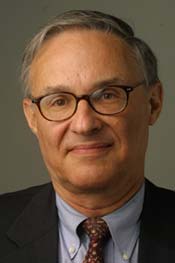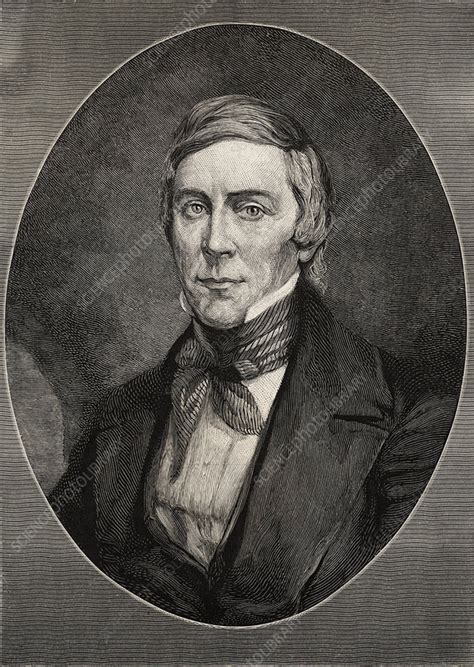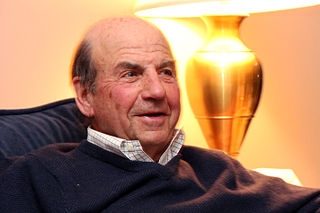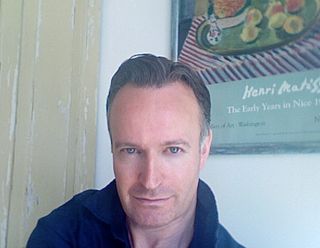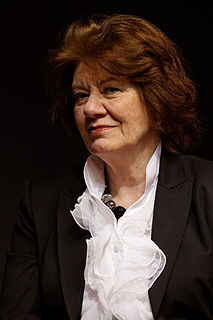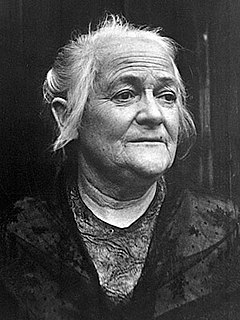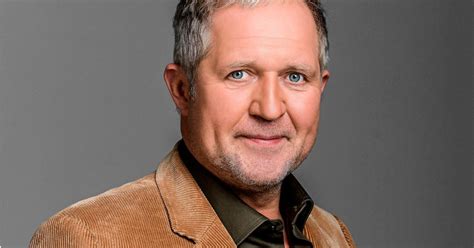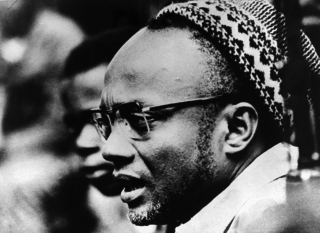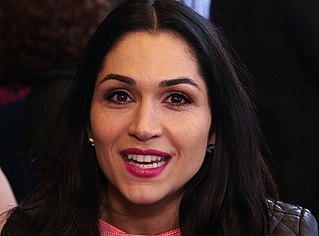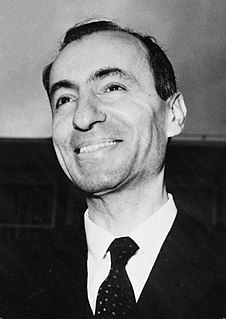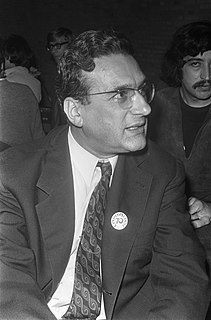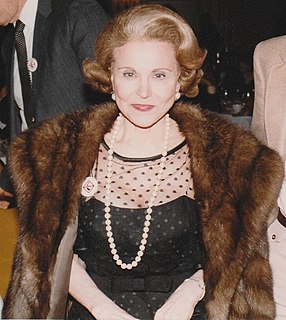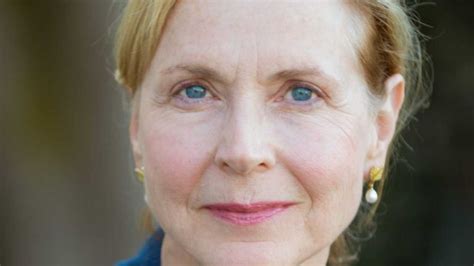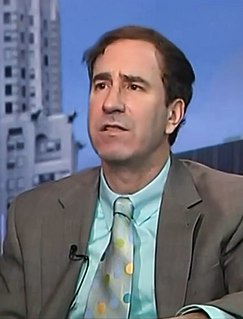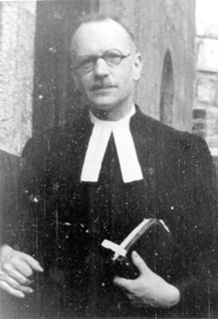Top 1200 History Class Quotes & Sayings - Page 3
Explore popular History Class quotes.
Last updated on April 21, 2025.
But veteran lawmakers torn apart by PTSD don't have a choice about being Exhibit A in the case against Washington politics. When you see what can happen to a page or a junior congressman, it passes on in a very real way, not in a history-class sense, that reality of what political power really is, .. Who are we to impose this emotional albatross on public servants? As a nation, we pretend to elect our leaders. It seems unjust to make them a special class to suffer for our sins over wrongheaded laws, or pay a continuing emotional price for securing their future careers.
The light bulb going off in my head was a fear that in this pivotal moment in history, when America faces so many serious problems, when the middle class and working class of this country are being decimated, that there were not voices out there representing the tens of millions of people who needed a voice. And the idea of going through a campaign where there is not a serious discussion about the most important issues facing America, where there are not voices out there representing people who are hurting - that seemed to me unacceptable.
The working class of England today have no vision of society beyond the acquisitive - no version of themselves or their habits as anything other than transitional, on their way up or on their way out. The working class, at best, is a waiting room for people who aim to become middle class if possible.
The government decides to try to increase the middle class by subsidizing things that middle class people have: If middle-class people go to college and own homes, then surely if more people go to college and own homes, we’ll have more middle-class people. But homeownership and college aren’t causes of middle-class status, they’re markers for possessing the kinds of traits — self-discipline, the ability to defer gratification, etc. — that let you enter, and stay, in the middle class. Subsidizing the markers doesn’t produce the traits; if anything, it undermines them.
The fruits of the economy and all the advantages of technology and globalization have gone far more to the investor class and the professional class and not as much to the working class. Partly because of the loss of labor unions, partly because of things like a lack of antitrust enforcement, policies that have privileged shareholder returns.
Music expresses feeling, that is to say, gives shape and habitation to feeling, not in space but in time. To the extent that music has a history that is more than a history of its formal evolution, our feelings must have a history too. Perhaps certain qualities of feeling that found expression in music can be recorded by being notated on paper, have become so remote that we can no longer inhabit them as feelings, can get a grasp of them only after long training in the history and philosophy of music, the philosophical history of music, the history of music as a history of the feeling soul.
Whether I like it or not, most of my images of what various historical periods feel, smell, or sound like were acquired well before I set foot in any history class. They came from Margaret Mitchell, from Anya Seton, from M.M. Kaye, and a host of other authors, in their crackly plastic library bindings. Whether historians acknowledge it or not, scholarly history’s illegitimate cousin, the historical novel, plays a profound role in shaping widely held conceptions of historical realities.
The American middle class always wants to be upper class and is scared to death of being lower class. It's a highly mobile group of people. They're not like the people that want to be shopkeepers forever, have always been shopkeepers and want always to be shopkeepers. These people mostly are insulted by being called middle class.
I knew I wanted to go to college and I wanted to study it acting, so I just looked for the best school that I could get into. Luckily, I had very supportive parents. I went to a conservatory that is basically drama school. You take one English class and one history class for four years but you don't take any other science or anything like that. It's strictly, from 7am until night, all acting. It's a lot. Some people find it too much, but for me I was preparing for a career and I never really looked back.
I am opposing it with an idea of the history of philosophy as a history of philosophers, that is, a history of mortal, fragile and limited creatures like you and I. I am against the idea of clean, clearly distinct epochs in the history of philosophy or indeed in anything else. I think that history is always messy, contingent, plural and material. I am against the constant revenge of idealism in how we think about history.
However much an ideologue tries to bury [Lenin] beneath a proof by historical analysis, there is always this one man standing their on the plain of History and of our lives, in the eternal 'current situation.' He goes on talking, calmly or passionately. He goes on talking about something simple: his revolutionary practice, the practice of class struggle, about what makes it possible to act on history...not to demonstrate that revolutions are inevitable, but to make them in our unique present.
We know only a single science, the science of history. History can be contemplated from two sides, it can be divided into the history of nature and the history of mankind. However, the two sides are not to be divided off; as long as men exist the history of nature and the history of men are mutually conditioned.
Of course, an English aristocrat might have some contact with the staff downstairs and could adequately say a thing or two about inter-class dramas unfolding in the household. But something less parochial might be harder to come by. This is relevant because stories about the divisiveness of class are by definition stories that straddle class boundaries. A story about a miner in a mining town is not obviously one that speaks to the divisiveness of class. In other words, class doesn't just divide us in the world but it also divides us in the stories we're presented.
There's a lot we should be able to learn from history. And yet history proves that we never do. In fact, the main lesson of history is that we never learn the lessons of history. This makes us look so stupid that few people care to read it. They'd rather not be reminded. Any good history book is mainly just a long list of mistakes, complete with names and dates. It's very embarrassing.

